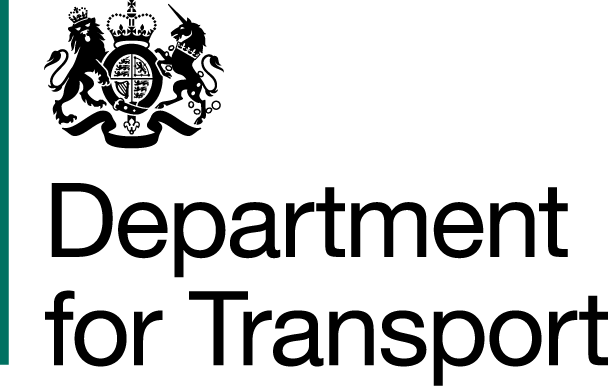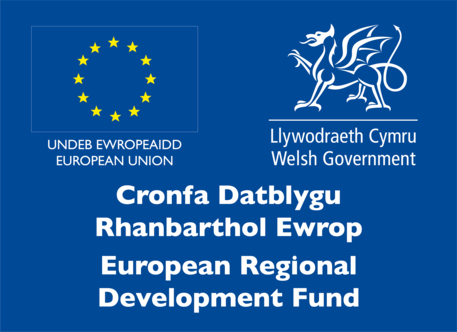FAQs for stakeholders
How will bus franchising be funded and how will money be allocated?
We’re building a comprehensive financial model which accounts for bus fare revenue and the costs associated with running services. This will guide our approach to funding bus franchising.
In recent years, the Welsh Government has provided multi-million-pound funding to protect bus services through the Bus Emergency Scheme, Bus Transition Fund and Bus Network. Other significant funding includes the Bus Services Support Grant, local authority subsidy and concessionary fare reimbursement.
Here are the current funding allocations for bus, agreed by local authorities through the Welsh Local Government Association. There are no plans for these to change.
| South West | £23,258,413.88 | 21% |
| South East | £64,170,239.74 | 57% |
| Powys | £2,655,301.26 | 2% |
| Ceredigion | £1,649,293.22 | 1% |
| North Wales | £21,049,663.05 | 19% |
| £112,782,911.15 |
This money can be better invested in a franchised system. It can be targeted to deliver a network designed around passenger needs and create a more straightforward system for operators by consolidating different funding sources into contractual payments.
We’re proposing to use an incentive-based gross-cost model in which we’ll pay operators a fixed sum to run a service. Through financial incentives, operators would be rewarded for providing high quality bus services, aligned with national and regional policy objectives. We’d manage passenger fare revenue, which can be reinvested into keeping the network running and improving bus services.
Will loss-making services, particularly in rural areas, be protected?
Franchising is likely to reduce the possibility of bus services failing in the long term. This is because we can introduce measures to protect services if an operator gets into difficulty.
Subject to procurement and competition rules, we can work with other franchised operators to take on failed services, award an interim or replacement service to another operator or even replace a failed contracted service directly.
We want to provide more equitable access to public transport across Wales and address the barriers that many rural communities face.
Our Rural Pathway will help people in the most isolated communities better access their local village or town. From there, they’ll have a wider range of public transport, walking or cycling options to travel locally or make longer-distance journeys.
What about fflecsi bus services?
Our on-demand fflecsi services will continue to be a key part of the Welsh bus network, particularly for rural communities. In the future, these services will also be franchised.
We’re looking at how fflecsi can be expanded to provide better access to public transport for people in areas not served by scheduled buses, or with limited services. Operating hours of fflecsi services could also be extended.
Will cross-border services be protected?
Cross-border bus services are important for Wales’s economy. They connect communities in Wales and England to each other and to places of work, learning, health and leisure. They’ll be included in the network and it’s intended that most will be franchised.
For services that enter Wales from across the border, permits may be more appropriate. These will allow English bus services to operate in Wales while enabling us to set conditions to maintain the standards we set for our franchised bus network.
What about school and other community transport?
We know the importance of community transport and the vital social benefit it provides through access to learning, non-emergency healthcare and social services.
Local authorities will retain their statutory duty to provide home to school transport. Community transport services won’t need a franchise contract or be expected to meet the conditions of franchised bus services. However, community transport operators can still bid for franchise contracts where appropriate.
We’ll help community transport thrive by working with local authorities to see how it can be better integrated with local bus services, including demand-responsive services like fflecsi. This will deliver a more comprehensive bus service for local people, especially in rural areas.
What’s the role of bus operators and how will you work with them?
Under bus franchising, bus operators can bid for contracts to run services to specifications set by Transport for Wales, the Welsh Government and Welsh local authorities. These would apply to routes, timetables, fares, hours of operation and service quality standards.
We expect that a mix of franchised and commercial bus services will coexist in parts of Wales until we’ve fully rolled out franchising in 2030.
In areas where franchising hasn’t yet been introduced, operators can continue to run services as they do now. Where a service starts outside of a franchised area but crosses a franchised area, it will be able to continue to run until the outside area becomes franchised.
We’ll work with operators to give as much certainty as possible during the transition period and provide guidance for operating commercial services during the transition period.
Where can I find more information on bus franchising?
The full Welsh Government proposal for bus franchising can be found here:
Our Roadmap to Bus Reform: Towards One Network, One Timetable, One Ticket



